We were lucky to catch up with Peter Rachleff recently and have shared our conversation below.
Hi Peter, thanks for joining us today. Let’s kick things off with a hypothetical question – if it were up to you, what would you change about the school or education system to better prepare students for a more fulfilling life and career?
In 1926, African American historian published the foundational book, THE MISEDUCATION OF THE NEGRO. Somewhere along the way in my teaching career (Macalester College, 1982-2012, with side gigs at Metropolitan State University, University of Minnesota, St. Paul Public Schools Adult & Community Ed, various local unions, and more), I realized that we are all miseducated about our history, whether it is the foundation and development of the United States from the genocide of indigenous peoples and the enslavement of African people to the repression of workers’ organizations and struggles, or the histories of our ancestors as they journeyed from immigrant status to becoming “White” and “American.” Therefore, what I would change, what I have tried to change beginning in my own classrooms, workshops, and public presentations, to my mentoring of young people of color through the Mellon Mays Undergraduate Fellowship Program, to my interventions in curriculum development from K-5 engagement with the place of Dakota experiences within the narratives of Minnesota history and the development of a Critical Ethnic Studies for 10th graders in the St. Paul Public Schools, to my efforts to change the ways that monuments and memorials reinforce how the public sphere reinforces a white supremacist version of American history,
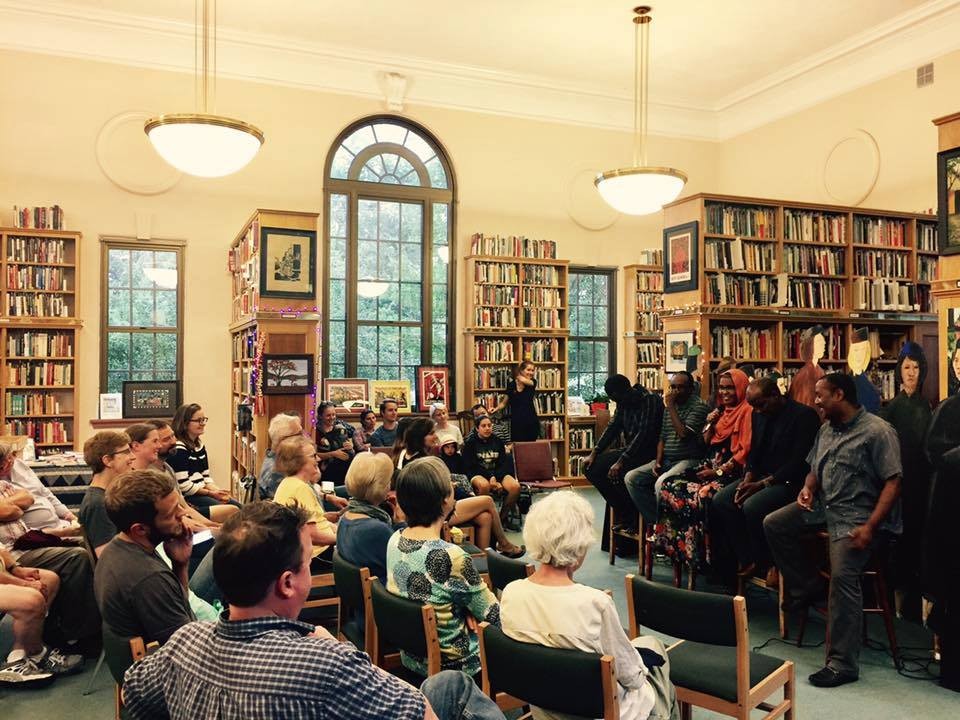
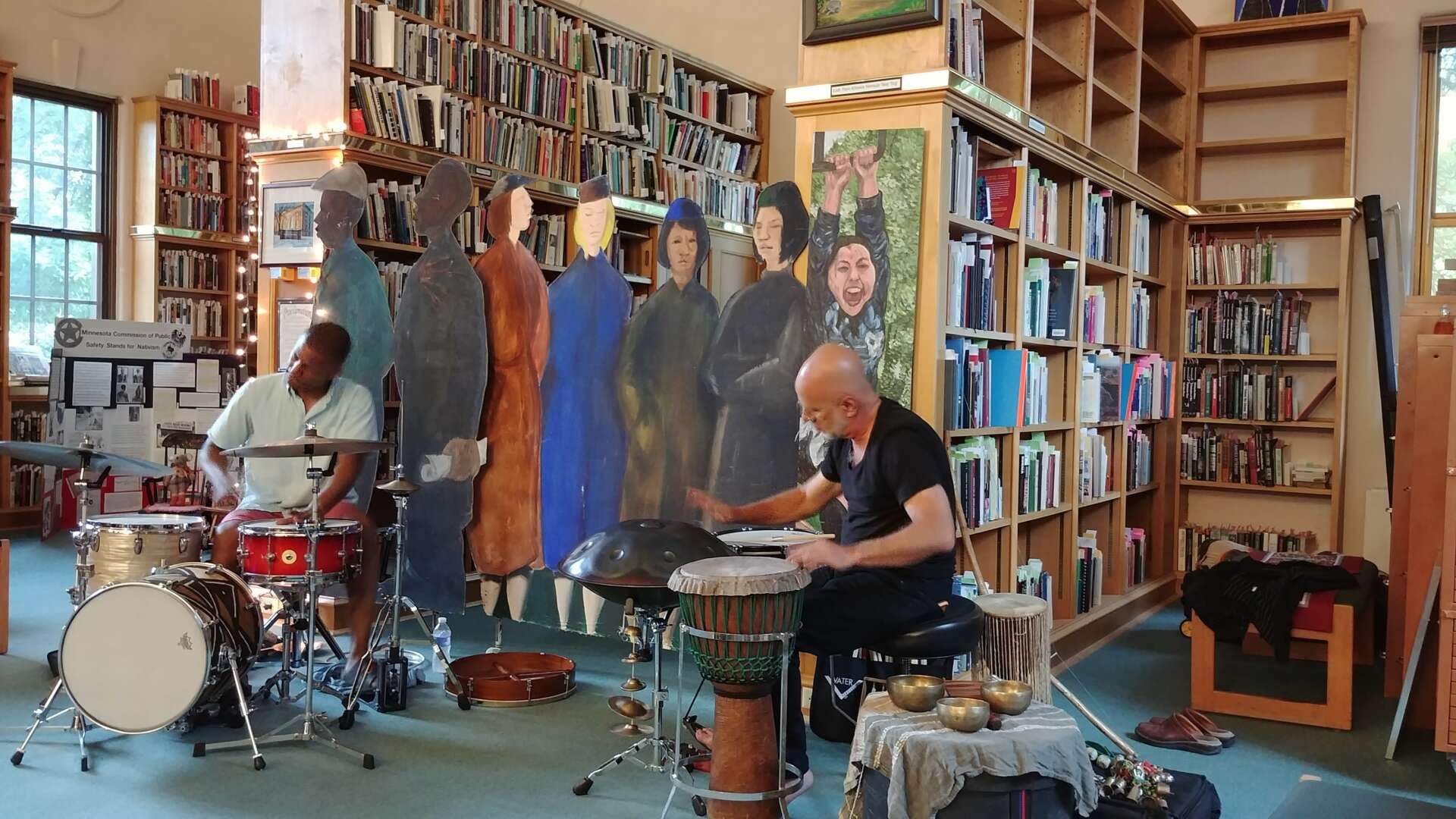
Peter, before we move on to more of these sorts of questions, can you take some time to bring our readers up to speed on you and what you do?
In the mid-1970s I transitioned from activism within the then-fading student movement and “New Left” to the study of labor history. There, I focused on the interwoven threads of race, gender, and class, as I researched a Ph.D. dissertation on the evolution of the labor movement in Richmond, Virginia, in the decades after the Civil War. I became a teacher at the college level of labor, African American, and immigrant history, and I sought not just to teach a different content but to teach in different ways, in ways that would involve students in the creation of knowledge not just about or for peoples whose stories had been pushed into the shadows, but together with those peoples. This became the focus of my teaching, and, after 30 years, it led me, together with my partner Beth Cleary, to co-found the East Side Freedom Library in St. Paul, Minnesota. ESFL is not only a space to access knowledge about stories, experiences, and struggles which has been marginalized, but also to create new knowledge out of the bridges built between and among communities, and between students and community members.
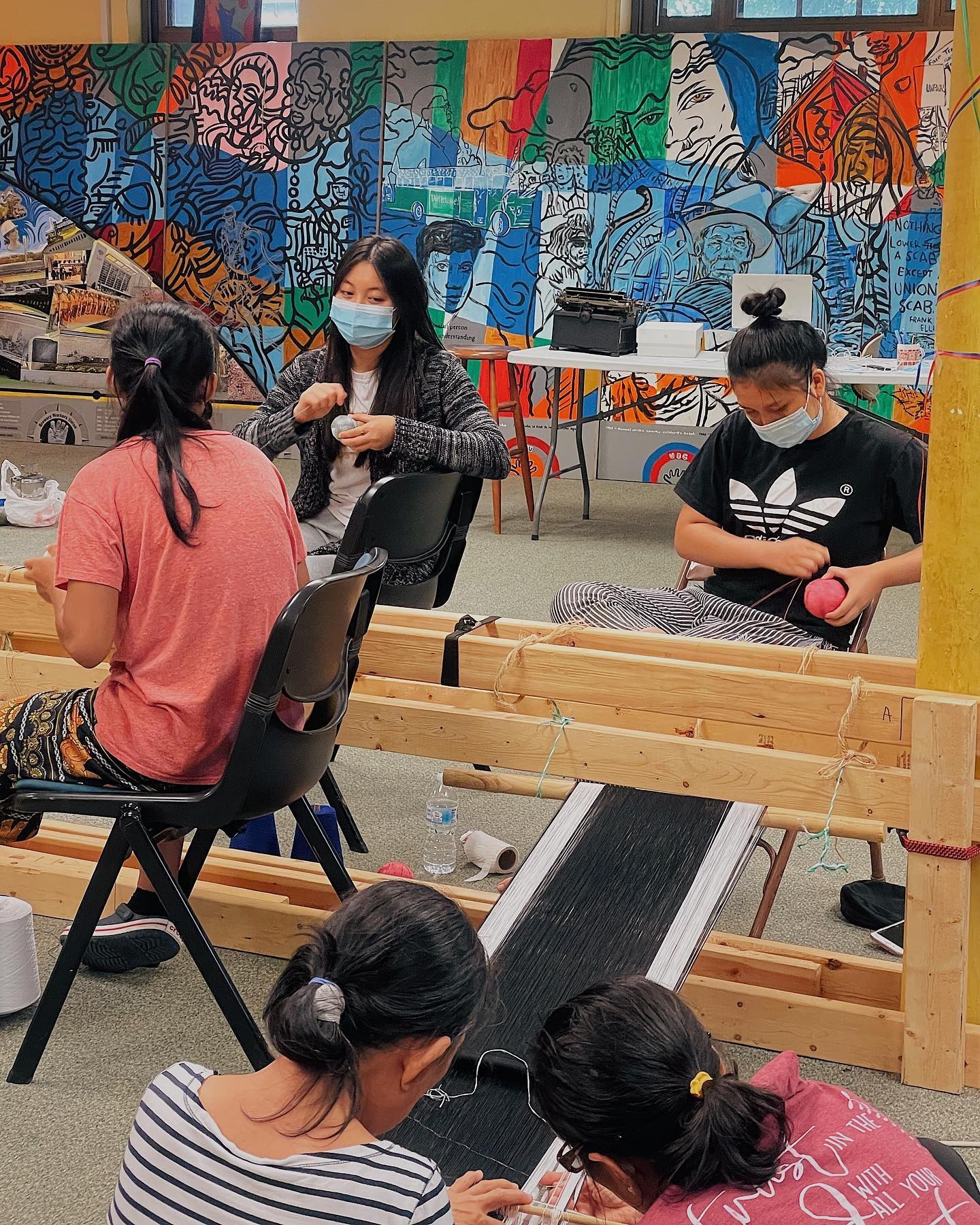
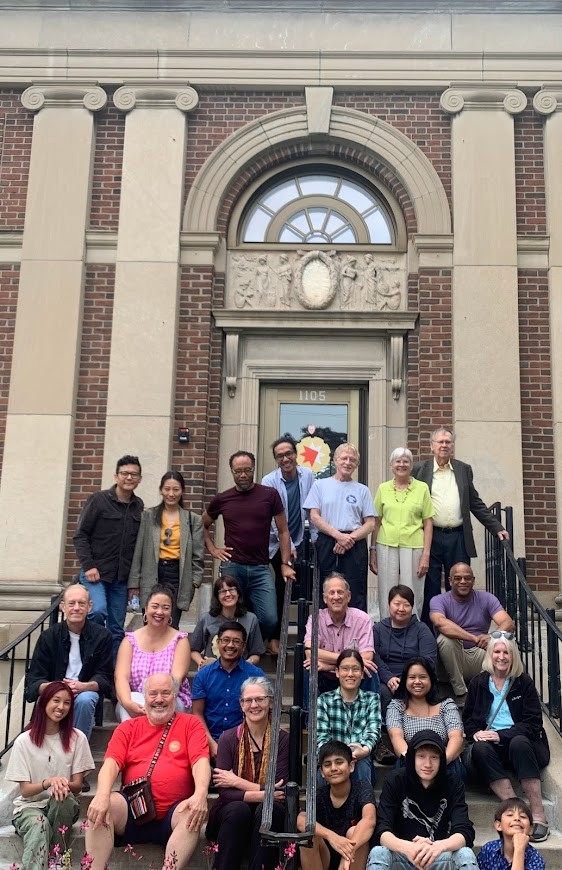
How about pivoting – can you share the story of a time you’ve had to pivot?
I shifted from being the dominant presence in my classrooms and in my office, where students sought me out to provide knowledge and advice, to being the co-founder of a 501c3 nonprofit, where I had to seek out knowledge and advice — structure, fundraising, social promotion, virtual communications, etc. — and I had to take that advice.
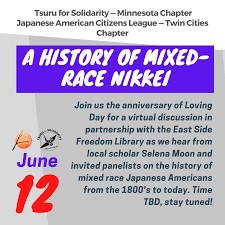
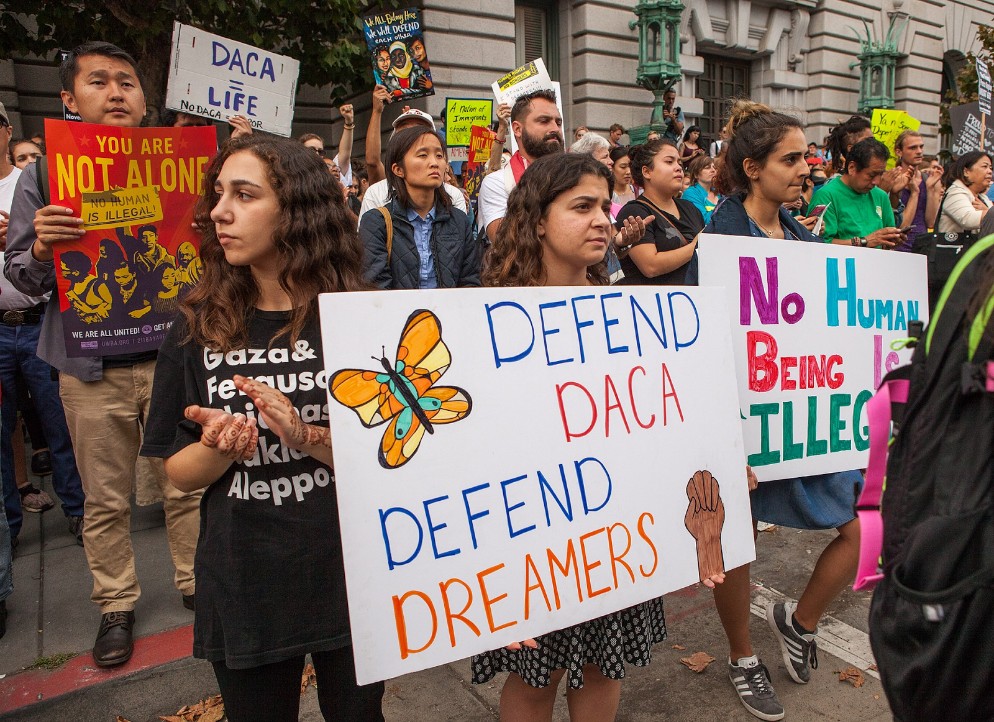
Any advice for growing your clientele? What’s been most effective for you?
We have built the East Side Freedom Library not only by providing resources to community members but, above all, by listening to them. If our key point is to communicate to them that their experiences and their stories matter, we have had to demonstrate that to them by listening to them, by valuing their stories, by providing platforms for them to tell their stories — by storytelling, poetry, music, theater, visual art, and more.

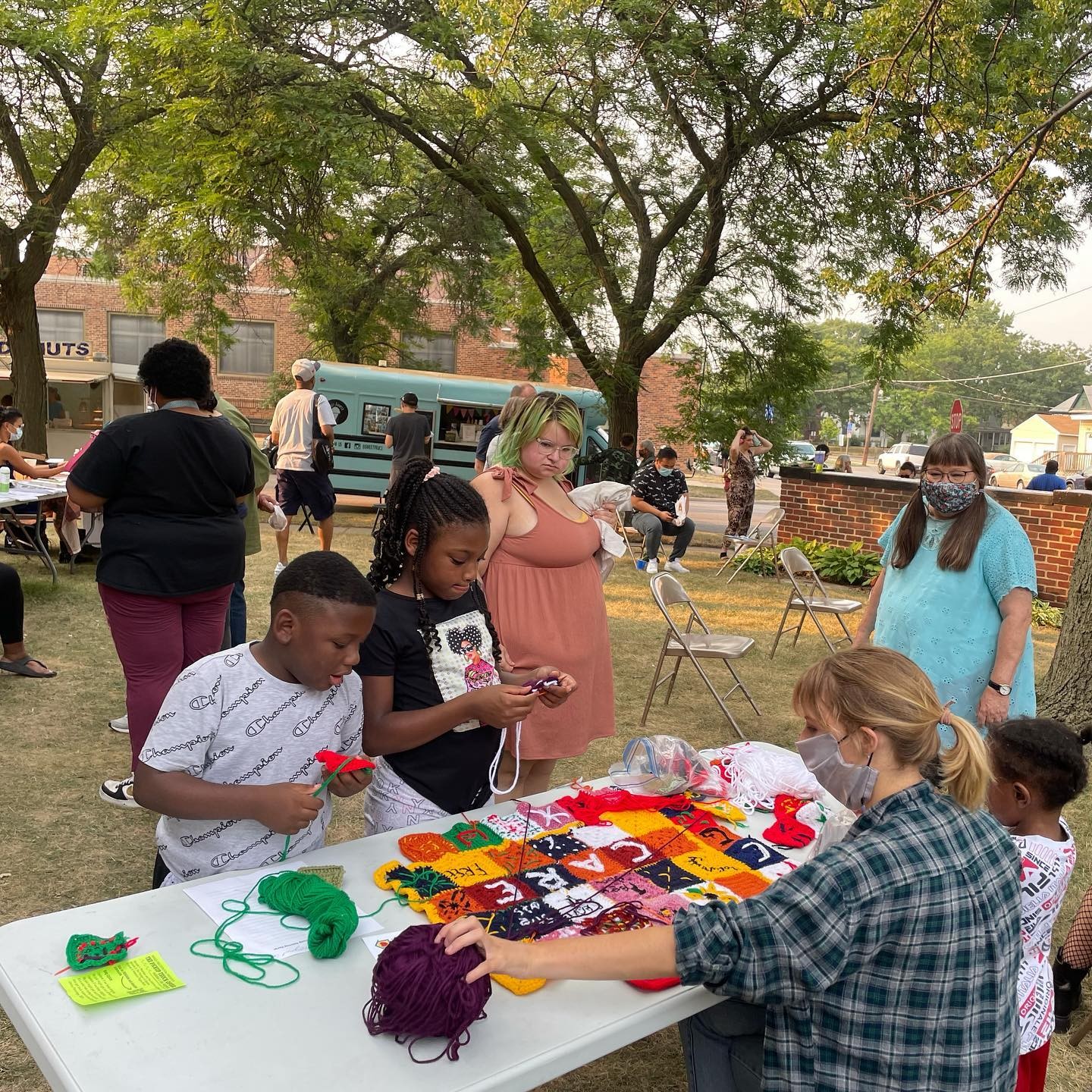
Contact Info:
- Website: https://eastsidefreedomlibrary.org
- Instagram: https://www.instagram.com/east.side.freedom.library/
- Facebook: https://www.facebook.com/EastSideFreedomLibrary
- Twitter: https://twitter.com/ESFLibrary
- Youtube: https://www.youtube.com/c/EastsidefreedomlibraryOrg/videos


